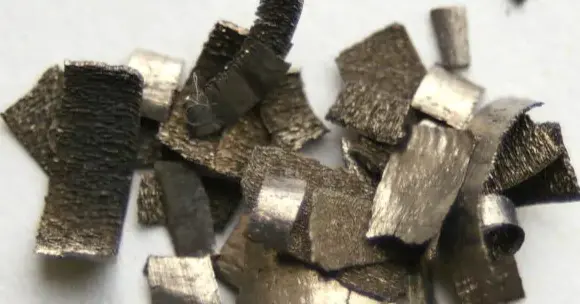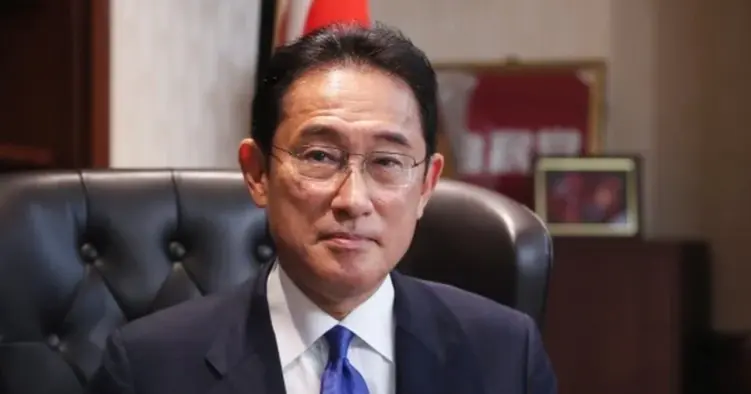A temporary answer to a permanent problem
It’s good to be home again, nothing like the warm breeze to remind us that we do not have winter in Samoa. I enjoyed the marathon last week and now it’s back to the grind.
There were hundreds of people behind and in front of me. People from all walks of life, different ages and sizes. I enjoyed a great recovery soak in the natural hot pools after. One of the first books I picked up was ‘Family violence, lifting New Zealand’s dark cloud’ by David White, where he talks about his daughter who was murdered by her husband after years of abuse. His own lessons after seeing the red flags and not helping her enough as well as his own suicidal thoughts after.
This is the reality for many women these days, who live in abusive relationships. I had a brilliant thought-provoking conversation with a pastor who sat next to me on my flight back from Auckland. We talked about social issues especially domestic violence, abuse and how Samoa has changed in the last two decades.
We must admit that we are no longer the Samoa that was in the 1990s and early 2000. White writes that ‘There is no doubt in my mind that one of the most important factors in saving someone from suicide is making the time to listen to them. Equally, I have no doubt that single biggest factor in a suicide is that no one sees the need for that person to be able to talk; no one saw anything different in that person’s behaviour that suggested inviting them to talk might be what was required.
Most of us are superbly good at turning a blind eye from what we don’t want to see. Our family violence rate is at such a high level because it is tolerated. And when the issue becomes public there are plenty who are quick to say, ‘Someone should’ve done something. Why didn’t someone step in?’ To the women who are the victims, the judgmental questions of ‘Well, why didn’t you leave? Why didn’t you tell anyone?’
Well, maybe it was you that should’ve stepped in and stopped your brother from beating his wife and children daily? Or maybe it was you, who should’ve confronted your relative that was controlling and keeping up pretenses that everything was alright behind the façade because of their power and strength over that woman or child. And until we are prepared to have the courage to step up for family and friends, then nothing will change.
The cycle continues, swept under the rug and become the police, social workers and court’s problem well after the fact. ‘I cannot count the number of times I have heard victims of violence say that they had lost the ability to use their voice and were afraid to ask for help. All they yearned for was for someone to approach them and ask them if they were OK.
Statistics show that Samoa has the highest teenage suicide rate in the Pacific, why? In White’s words ‘Have we become a country so full of bravado and bullshit that those on the brink of suicide have become so mentally beaten that they see themselves as weak and useless and unable to ask for help?
Might this be because their friends are so full of themselves that one suffering can’t stand another's retort to ‘be a man’ of ‘pull yourself together’ or even implying that the person suffering has no friends. Has this bravado become so entrenched that many of us have lost the ability to recognize when one of our friends is driving to the fringe? Or worse, not care? Have we become a society that if you can’t have what you want, and have it now, then life is not worth living?
We need to check up on each other. Care enough to ask! Some things to ponder while we enjoy the rest of the week.










